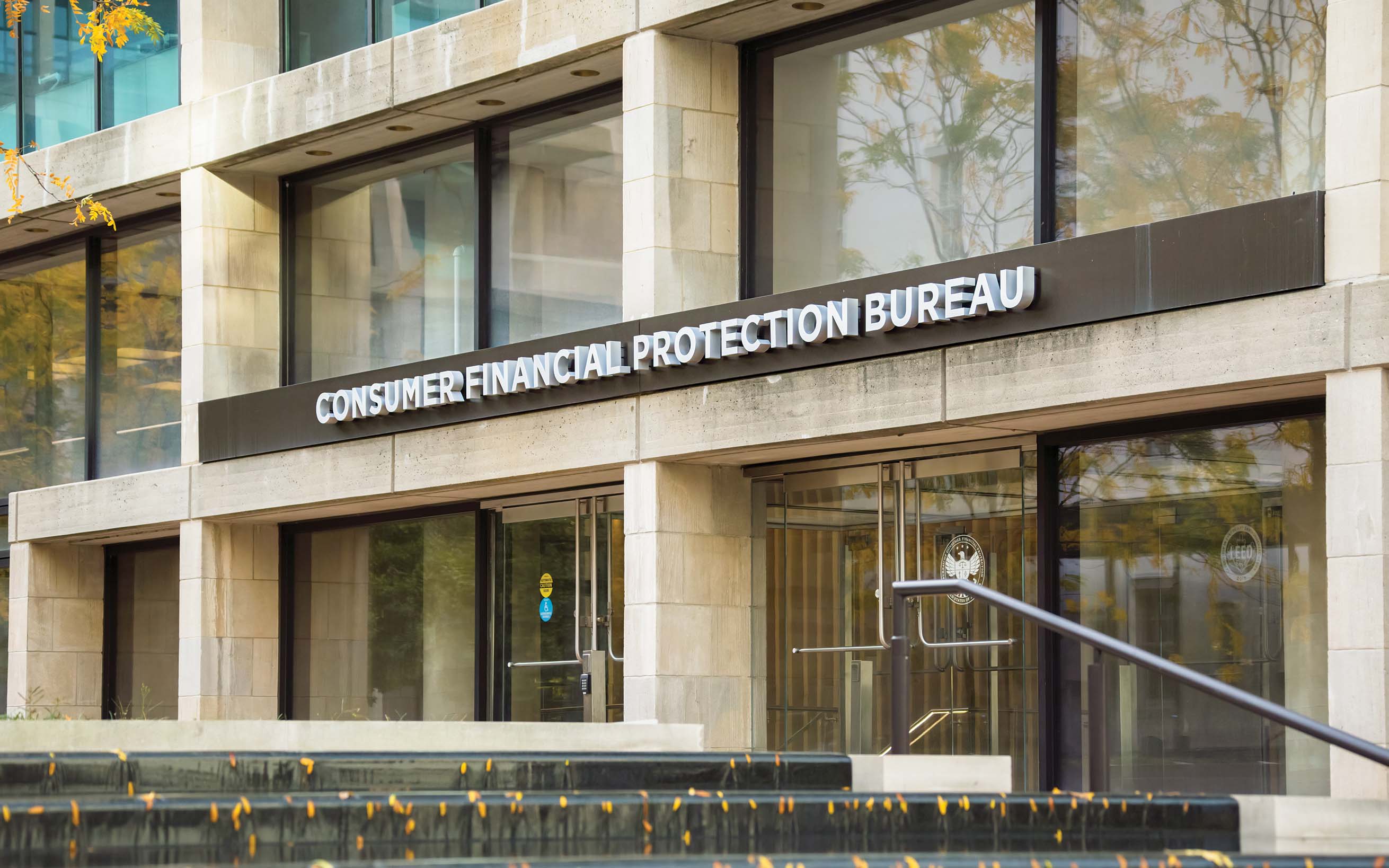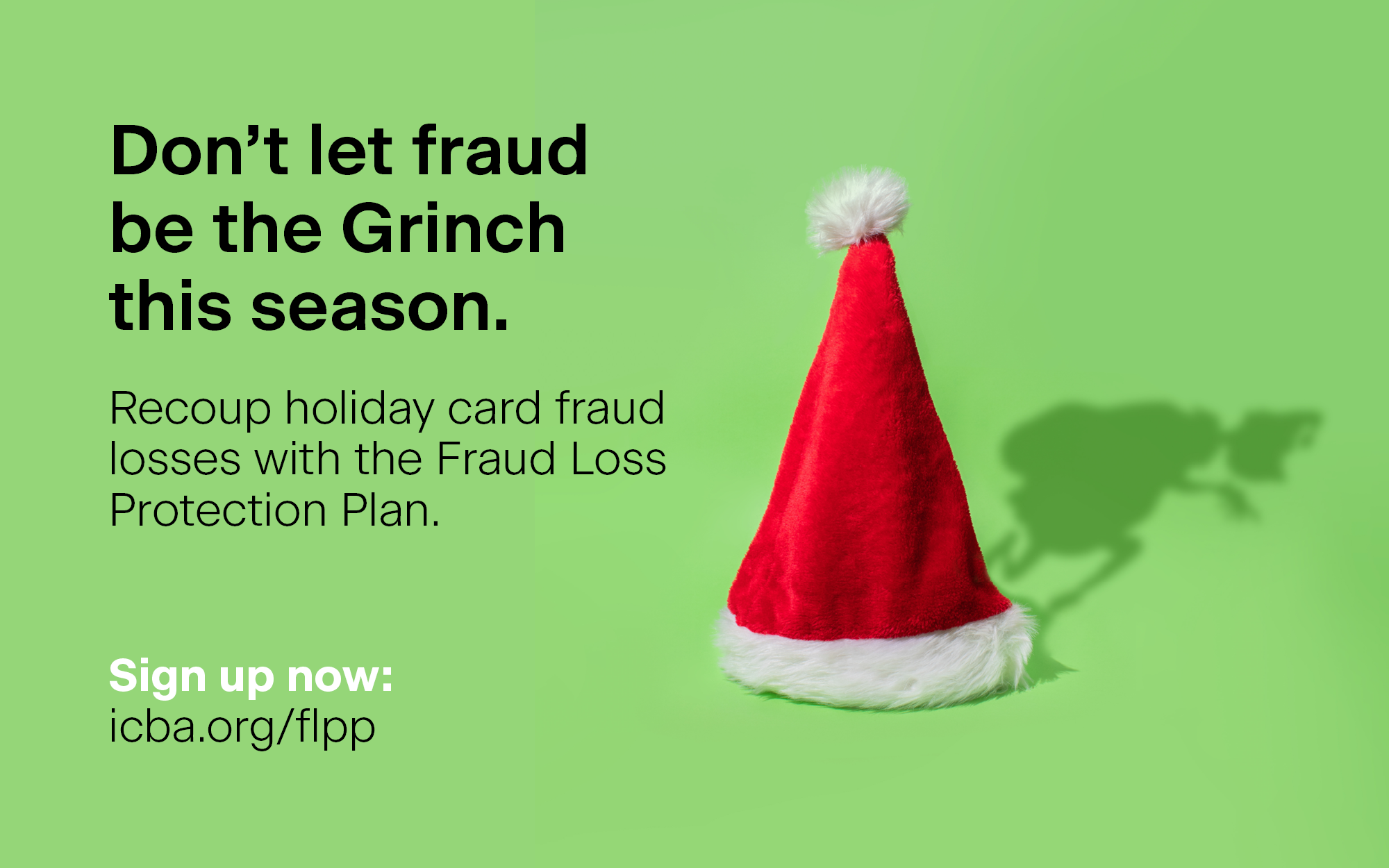For community banks that are interested in or are already working with cannabis-related businesses, understanding compliance guidelines surrounding that sector is vital. We spoke with experts on how to navigate the specific requirements of this industry.
How Banks Can Approach Cannabis Compliance
July 21, 2023 / By Katie Kuehner-Hebert
For community banks that are interested in or are already working with cannabis-related businesses, understanding compliance guidelines surrounding that sector is vital. We spoke with experts on how to navigate the specific requirements of this industry.
For community banks that service cannabis businesses in states where it’s legal to sell, compliance requirements go above and beyond those required for commercial customers in other industries. Fortunately, more and more vendors are offering technology platforms to help ease the burden and enhance profitability for banks.
From having to file suspicious activity reports on each cannabis-related business every 90 days—even if the business is pristine—to making sure their deposit activity matches the data collected on each business by their respective states to determine if they’re money laundering or avoiding taxes, banks’ compliance programs must be up to the task.
The major concern every bank considers when providing services to the cannabis industry is the risk involved, as the substance maintains its federal illegal status. Many banks aren’t willing to accept the risk that comes with the cannabis business. This causes the cannabis industry to be highly concentrated in cash, says Delene Gilbert, director of cannabis banking at $263 million-asset Oklahoma State Bank in Guthrie, Okla.
“Banking cannabis requires a considerable understanding of the industry, a dynamic program that is quick to adapt to ever-changing regulation and a firm understanding of the compliance requirements involved at the federal and respective state level,” Gilbert says. “Considering each state regulates its program differently, this is where we have seen a significant return on investing in compliance software specifically designed for the cannabis industry.”
Green Check Verified in Bonita Springs, Fla., offers a platform that enables banks to develop tailored programs that cater to the needs of each cannabis-related business they serve, “ensuring transparency, efficiency and scalability across the board,” says Kevin Hart, CEO.
“Take our recent partnership with Avidia Bank, a community bank in Massachusetts,” Hart says. “By partnering together, we were able to create a customized program that helps Avidia ensure compliance with state and federal laws and regulations, so they could focus on fostering relationships and serving cannabis business across the Boston suburbs.”
Green Check Verified’s platform automates the most “time-consuming and error-prone” aspects of banking cannabis, and the company’s advisory services range from customer acquisition to board reporting and audit and exam preparation.
Earlier this year, the company also debuted Green Check Connect, a centralized marketplace of “reliable, trustworthy and cost-effective service providers” for cannabis-related businesses, Hart says.
“It’s the first platform specifically dedicated toward helping CRBs succeed—all in one forum,” he says. “The new marketplace also safeguards cannabis businesses from exploitative pricing models prevalent elsewhere and begins to tackle the pervasive, industry-wide challenge of inaccessibility to reliable financial services in the cannabis industry.”
Acquiring the right tools
What does it take for a community bank to service the cannabis industry in terms of compliance? “Firstly, having strong board support and senior management commitment is vital to entering this line of business,” says Troy A. Peters, president and CEO of Jonestown Bank & Trust Co. in Jonestown, Pa. “Strong BSA programs, discipline and a strong staff is vital.”
The $903 million-asset community bank has instituted a risk-based approach with the concentration limits to comply with the Bank Secrecy Act (BSA) expectations outlined within the U.S. Treasury Financial Crimes Enforcement Network’s 2014 guidance. “A team has been developed from the beginning to lead the way and to focus on the industry-specific nuances for continued compliance,” Peters says.
All incoming and outgoing dollars are tracked for legitimacy and compliance with state regulations and the FinCEN guidance. “Changes to ownership, along with mergers and acquisitions happening with great frequency in the market, lead to complex relationships,” Peters says. “Understanding the documentation while maintaining [Customer Identification Program] and beneficial ownership for BSA is key. Knowing your customer and your customer’s customer are also important while monitoring the relationships to legitimize transactions.”
SARs are a must
Marijuana suspicious activity reports (SAR) are required even if the business is acting legitimately, Peters says. BSA high-risk monitoring, including enhanced due diligence, is “paramount,” as is monitoring negative news information. Keeping up to date with state changes while monitoring the federal legislation is also important while building a program.
“Cash handling is also a factor while servicing this industry—working with vendors that may deliver and process cash on your behalf and figuring out how to get the cash to your servicing location,” Peters says.
Overall, examiners want to see programs that consider each piece of the FinCEN guidance and the rescinded Cole Memo, he adds. “Since the beginning of this endeavor, we have been in communication with our examiners, and we have a good relationship with them.”
Seattle-based Shield Compliance LLC offers a BSA/AML technology platform that enables financial institutions to manage compliance, onboard and underwrite clients as well as deliver payment solutions, says Tony Repanich, president and CEO.
Banks can use the platform to determine whether a prospective customer has a valid license to operate a cannabis business in their state, as well as whether there is any negative news about them, to determine whether they are a good fit for the bank, Repanich says.
That could include if the business was caught selling to minors or selling inventory outside its state’s tracking system to avoid paying taxes, or other activities that could indicate an increased risk of money laundering, such as ties to a foreign government or high-risk individuals.
The platform also helps banks monitor whether the business remains in good standing, in part by validating information the client has entered and looking for exceptions, he says. Moreover, the technology automatically calculates whether a customer’s deposit activity within a 90-day period matches its state’s tracking data to ensure they are highly correlated. Banks then use that data to create the mandated suspicious activity report, and Shield’s platform transmits the information electronically on a scheduled basis.
“The bank and customers work on the same user-friendly platform to create a consistent compliance picture for the customer,” says Repanich. The bank can then accept results and streamline federal filing requirements.
Shield’s platform also gives cannabis merchants the ability to accept debit cards from their customers at the point of sale in a compliant manner, he says. For banks, it’s a great opportunity to get low-cost deposits and better fee income than they get on regular checking accounts.
“All facets of the cannabis industry need to be fully understood so the bank can take the appropriate steps to craft policies and procedures to bank this industry.”—Laura Benson, CFG Bank
“You don’t need to be pro or anti cannabis,” Repanich says. “You are helping to increase public safety by getting cash out of this business and providing regular SAR filings to law enforcement, and you are also making sure taxes are getting paid on these sales. It’s good for the community that these merchants can have access to bank services.”
Getting the board on board

If a community bank is going to serve the cannabis industry, it’s imperative to not only have the board’s complete support but also their willingness to understand the significant legal, operational, reputational and regulatory risk exposure, says Laura Benson, vice president, BSA officer – cannabis at $3.8 billion-asset CFG Bank based in Baltimore.
“The board needs to also understand there will be increased scrutiny by the regulators and there will be many questions directed at them,” Benson says. “All facets of the cannabis industry need to be fully understood so the bank can take the appropriate steps to craft policies and procedures to bank this industry.”
Understanding the state-specific needs and business practices of cannabis dispensaries, cultivators, testing labs and wholesalers is “non-negotiable,” she says. Understanding what processes a bank can automate or outsource will help determine support staffing.
“If you do not hire dedicated staff to onboard, oversee, monitor and service this segment, you will not be successful,” Benson says. “Additional BSA staff is a must. You have to hire an extremely knowledgeable BSA officer and staff to adequately monitor and oversee the compliance requirements.”
For each Tier I cannabis client—anyone who directly touches a cannabis plant as part of their work, such as a grower, processor or dispenser—there are continuous SARs and currency transaction record filings, as well as enhanced due diligence requirements. Depending on how a bank structures its cannabis banking program, the institution may need to hire additional cash management and deposit operations staff.
“It’s also highly recommended to partner with a third-party vendor,” Benson says. “There are many third-party vendors in this space, so you have to have demos and conversations with multiple vendors to ensure you contract with the one that will meet your needs.”
A brief list of cannabis banking requirements
Deciding to enter the cannabis banking space is not as easy as hiring an additional person to oversee the new clients, says Laura Benson, vice president, BSA officer – cannabis at CFG Bank in Baltimore. You must consider the need to:
Ensure you hire staff who are not offended by or unsupportive of banking cannabis businesses
Verify business licensing with appropriate state authorities
Review the state licenses needed to operate a cannabis-related business
Monitor licenses for no violations of individual state regulations
Develop an understanding of “normal and expected activity” for the business and the types of customers it serves from a sales perspective
Constantly evaluate your policies and procedures
Subscribe now
Sign up for the Independent Banker newsletter to receive twice-monthly emails about new issues and must-read content you might have missed.
Sponsored Content
Featured Webinars
Join ICBA Community
Interested in discussing this and other topics? Network with and learn from your peers with the app designed for community bankers.
Subscribe Today
Sign up for Independent Banker eNews to receive twice-monthly emails that alert you when a new issue drops and highlight must-read content you might have missed.
News Watch Today

Join the Conversation with ICBA Community
ICBA Community is an online platform led by community bankers to foster connections, collaborations, and discussions on industry news, best practices, and regulations, while promoting networking, mentorship, and member feedback to guide future initiatives.













